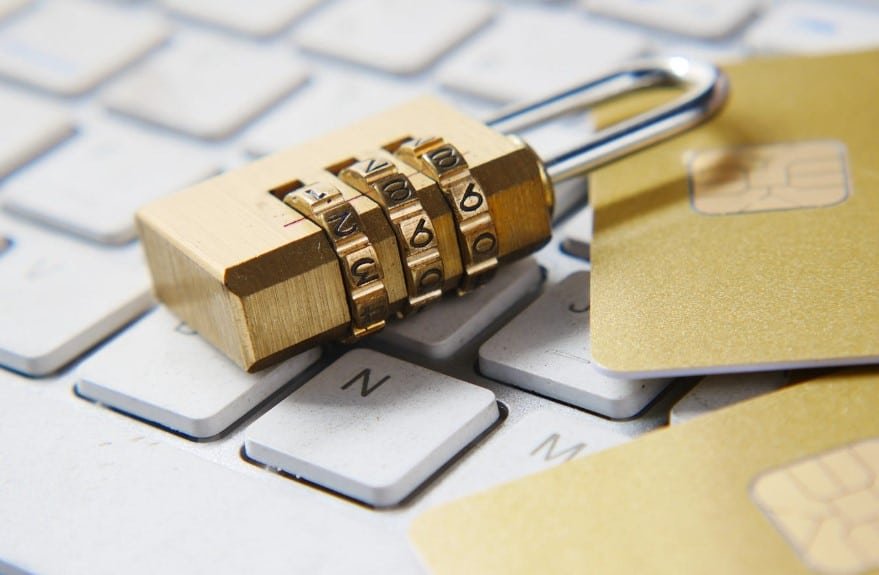Crypto
Understanding the Risks Associated with Hot Wallets

As the world becomes increasingly digital, the use of cryptocurrencies has gained significant popularity. With the rise of cryptocurrencies, the need for secure storage and management of digital assets has become paramount. One popular method of storing cryptocurrencies is through the use of wallets. Hot wallets, in particular, have gained attention for their convenience and accessibility. However, it is essential to understand the risks associated with hot wallets to ensure the safety of your digital assets. In this article, we will explore the concept of hot wallets, their advantages, and the potential risks involved. Crypto market itself is risky and using advanced trading tools can help you to make informed decisions. Immediate Definity 360 can help you to get started right now!
What are Hot Wallets?
Hot wallets are cryptocurrency wallets that are connected to the internet. They can be accessed through various devices such as computers, smartphones, or tablets. Hot wallets store private keys online, enabling users to make quick transactions and manage their cryptocurrency holdings efficiently. They are typically provided by cryptocurrency exchanges, online platforms, or software wallets.
Risk Factors Associated with Hot Wallets
While hot wallets offer convenience, they also pose several risks that users should be aware of. Understanding these risks is crucial for ensuring the security of your digital assets.
Online Vulnerabilities
Hot wallets rely on internet connectivity, which exposes them to potential online vulnerabilities. Hackers can exploit security loopholes or weaknesses in the wallet’s infrastructure, gaining unauthorized access to the wallet and compromising your funds.
Malware and Phishing Attacks
Malicious software and phishing attacks are common threats to hot wallets. Hackers may distribute malware or create fake websites that mimic legitimate wallet platforms, tricking users into revealing their private keys or sensitive information. This information can then be used to steal funds from the wallet.
Exchange Hacks
Many hot wallets are associated with cryptocurrency exchanges. If an exchange is hacked, the wallets connected to it can also be compromised. This risk is particularly significant for users who store their cryptocurrencies in exchange-provided wallets rather than transferring them to their personal wallets.
Lack of Physical Security
Unlike cold wallets (offline wallets), hot wallets are constantly connected to the internet, making them more susceptible to physical security threats. If a device containing a hot wallet is lost, stolen, or accessed by an unauthorized person, the funds stored in the wallet can be at risk.
Human Error
Human error is another risk factor when using hot wallets. Mistakes such as sharing private keys, using weak passwords, or falling for social engineering attacks can lead to unauthorized access and potential loss of funds.
Best Practices for Using Hot Wallets Securely
While hot wallets carry inherent risks, following best practices can enhance their security:
- Use reputable wallet providers: Choose hot wallets from trusted sources with a proven track record of security and reliability.
- Enable two-factor authentication (2FA): Implement an additional layer of security by enabling 2FA, which requires a second verification step to access the wallet.
- Keep software up to date: Regularly update your wallet software to ensure you have the latest security patches and bug fixes.
- Be cautious of phishing attempts: Always double-check URLs and be wary of suspicious emails or messages requesting your wallet credentials.
- Use strong passwords: Create strong, unique passwords for your hot wallet accounts, and consider using a password manager to securely store and manage them.
- Limit your exposure: Only keep the necessary amount of cryptocurrencies in your hot wallet for immediate use, and store the majority of your funds in offline wallets.
The Future of Hot Wallet Security
As the cryptocurrency industry continues to evolve, so does the security of hot wallets. Developers and wallet providers are actively working on implementing advanced security measures, such as hardware authentication devices and improved encryption techniques, to mitigate the risks associated with hot wallets. These developments aim to enhance the overall security of hot wallets and provide users with increased confidence in their digital asset management.
Conclusion
Hot wallets offer convenience and accessibility for managing cryptocurrencies. However, it is crucial to understand the risks associated with hot wallets and take appropriate security measures to protect your digital assets. By following best practices, staying informed about the latest security threats, and adopting a cautious approach, users can minimize the risks and enjoy the benefits that hot wallets provide.













